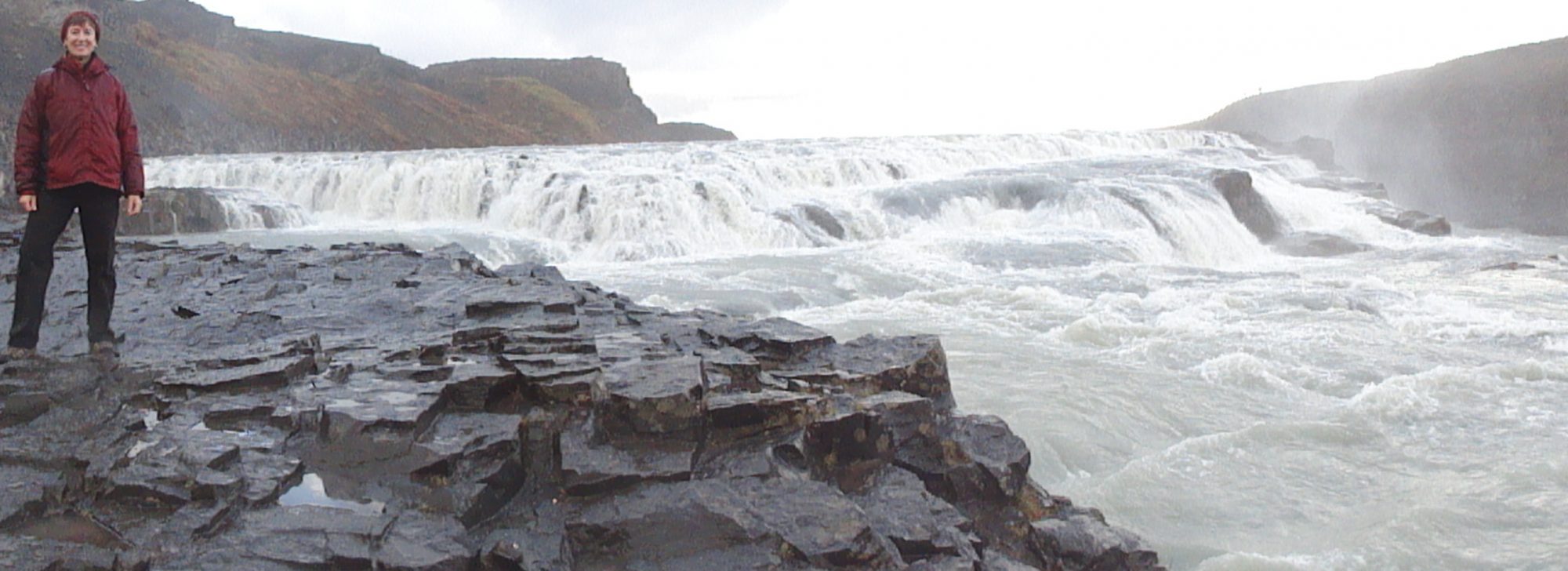This class is meant to offer a challenging and interesting alternative to the traditional English 9/English 10 sequence and an interesting elective for older students. It is based on a collegiate model. Although you may be earning English credit for this class, we will not be sticking with a simple English curriculum. This class is designed to explore some of the Big Questions and ethical issues of humanity (and some proposed answers) from many different angles. Our first angle will be mythology and legend. We will read some mythology and build upon work you’ve done in past classes. These are not simply stories—they show the deepest foundations of many cultures, including our own, and the ideas that form the world’s religions are important to understand.
Building on these foundational stories, we will read thematically arranged texts from a variety of nations, times, and genres, examining how different authors from different cultures wrestle with the kinds of questions that all human beings encounter.
This class will be challenging—it asks you to read a very large amount very deeply, to think critically, to weigh different ideas and to draw your own conclusions. It also demands that you be tolerant of the conclusions of others. Some of the ideas we discuss will be controversial and will deal with deeply felt beliefs. It is important that we are able to discuss ideas without belittling or mocking anyone’s beliefs.
During this class, you will be asked to keep a critical reading journal. Often I will give you specific assignments due on specific dates, but throughout the year, I will also expect you to record your own thoughts and impressions as you read and discuss the materials in the class. These journal entries will sometimes be collected, read, commented on, and handed back, and they will also be useful as a basis for papers you will write.
In addition to the journal, there will be a huge variety of other assignments and projects to do. Many of these will be done in pairs or as part of a group. Most of the assignments will involve research of some kind, but not all will be the typical research paper. In addition to writing papers, you may hold scored discussions, make presentations, take part in debates and performances, and give lectures.
This class is meant to be very challenging but also fun. The ideas we will encounter here are as old as humanity and as up to date as today. I hope you will enjoy this experience as much as I will!
Remember to keep asking questions—of me, of yourself and of each other!
